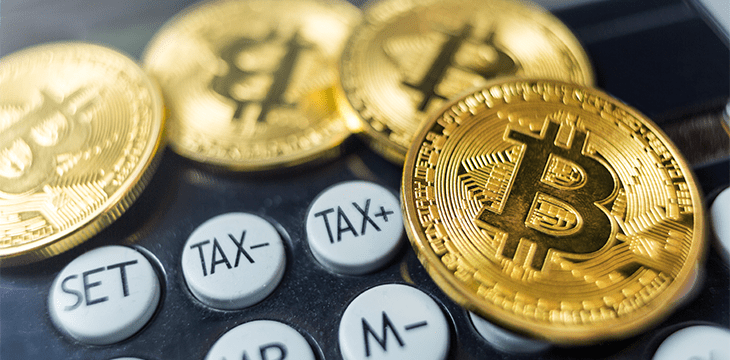|
Getting your Trinity Audio player ready...
|
Digital currencies pose a unique threat to Russia’s taxation activities, according to the head of the country’s tax agency. In an interview, he said his agency closely monitors digital currency activities for tax evaders, but acknowledged that digital currency users are easy to track as they leave an immutable digital footprint on the blockchain.
Russia has banned digital currencies as a payment method but has allowed citizens to hold them as an asset. The country‘s law regards digital currencies as taxable property.
In an interview with Russia’s media conglomerate RBC Group, Daniil Egorov, the head of Russia’s Federal Tax Service, revealed that digital currencies are one of the areas that his agency is worried about.
”We are watching this market closely and understand that this payment system can significantly erode the taxation base,” he told the outlet.
The Tax Service, which succeeded the Ministry of Taxes and Levies in 2004, is looking to be proactive in finding a solution that curbs digital currency tax evasion for good.
Russia wouldn’t be the first country looking to curb suspected tax evasion through digital currencies or raise more taxes from the sector. In the United States, the Biden administration passed the Infrastructure Bill that’s seeking to raise more taxes from the sector.
In a report, the U.S. Treasury stated, “Cryptocurrency already poses a significant detection problem by facilitating illegal activity broadly including tax evasion.”
Egorov insisted that the Russian tax agency has structures in place to keep up pace with the digital currency industry.
“If we talk about cryptocurrencies, then we are now quite closely engaged in this market, realising that this system of calculations can create a fairly significant erosion for the tax base,” he told RBC.
And while he pointed to Bitcoin as a tax reporting loophole, he acknowledged that tracking tax evaders on the blockchain is easy. With its immutability, blockchain makes it easier for law enforcement authorities to follow the money and tie these transactions to individuals using blockchain forensics tools.
Watch: CoinGeek New York panel, Future of Digital Asset Trading & Financial Services

 03-05-2026
03-05-2026 




